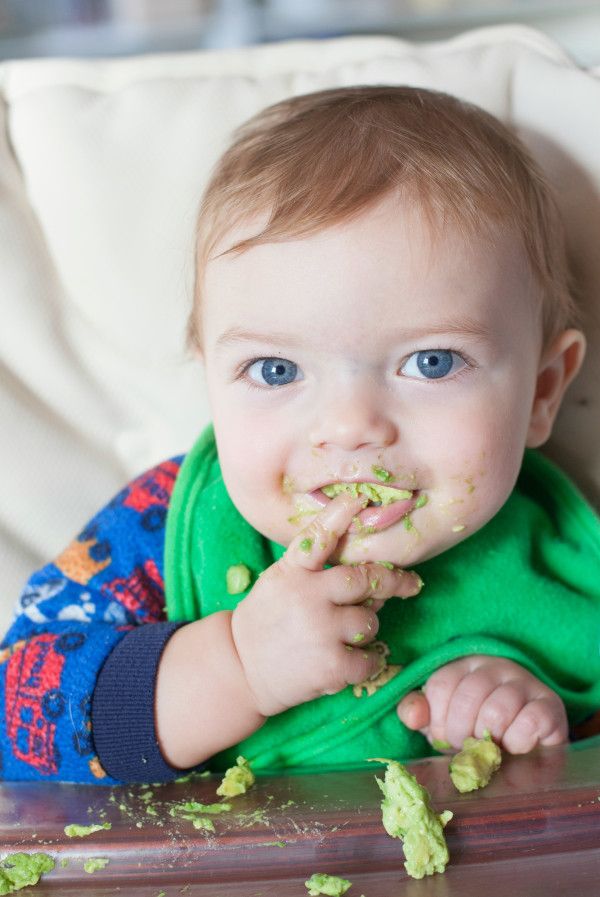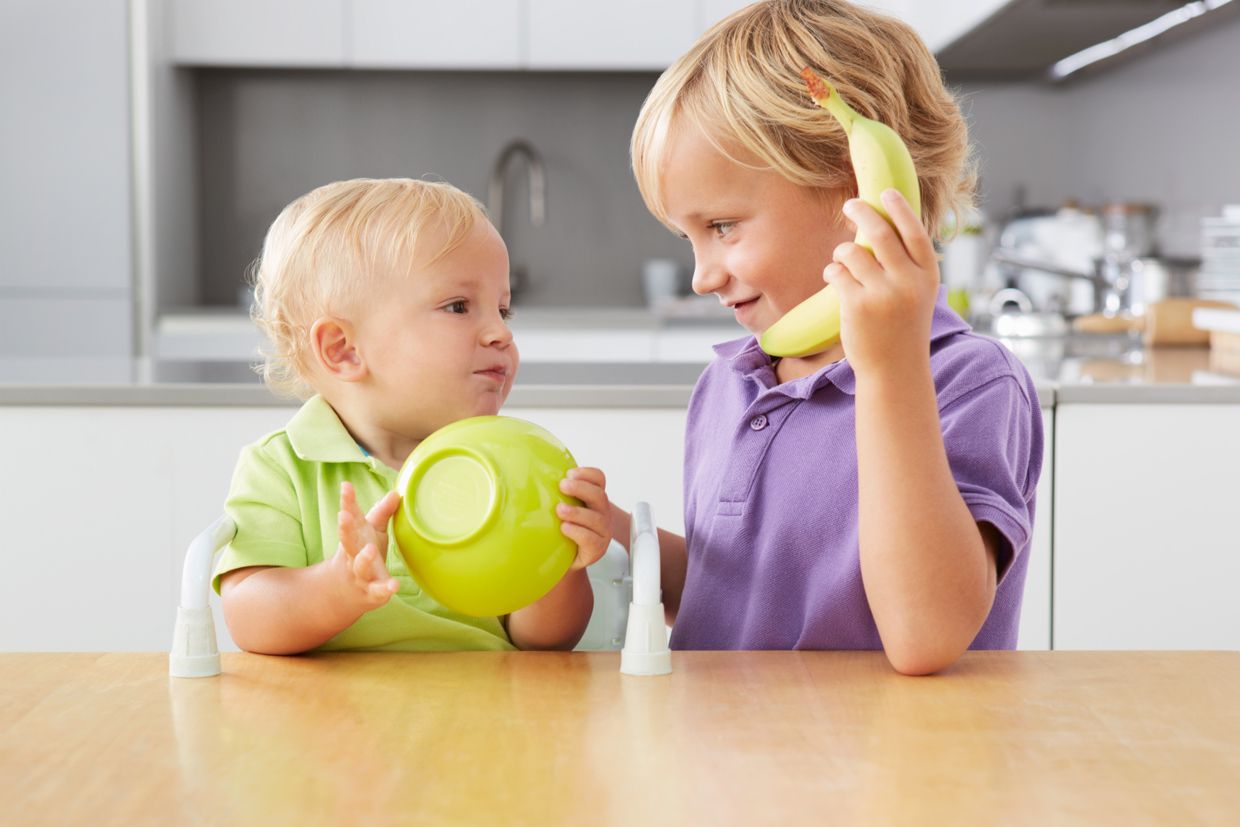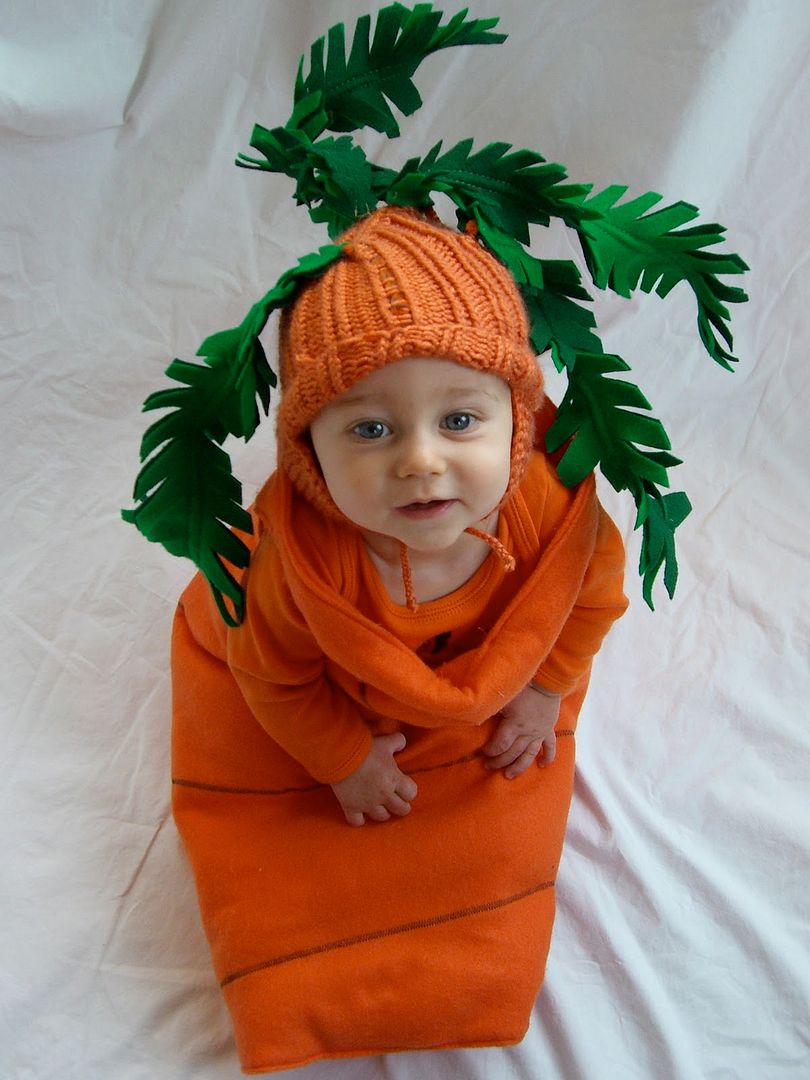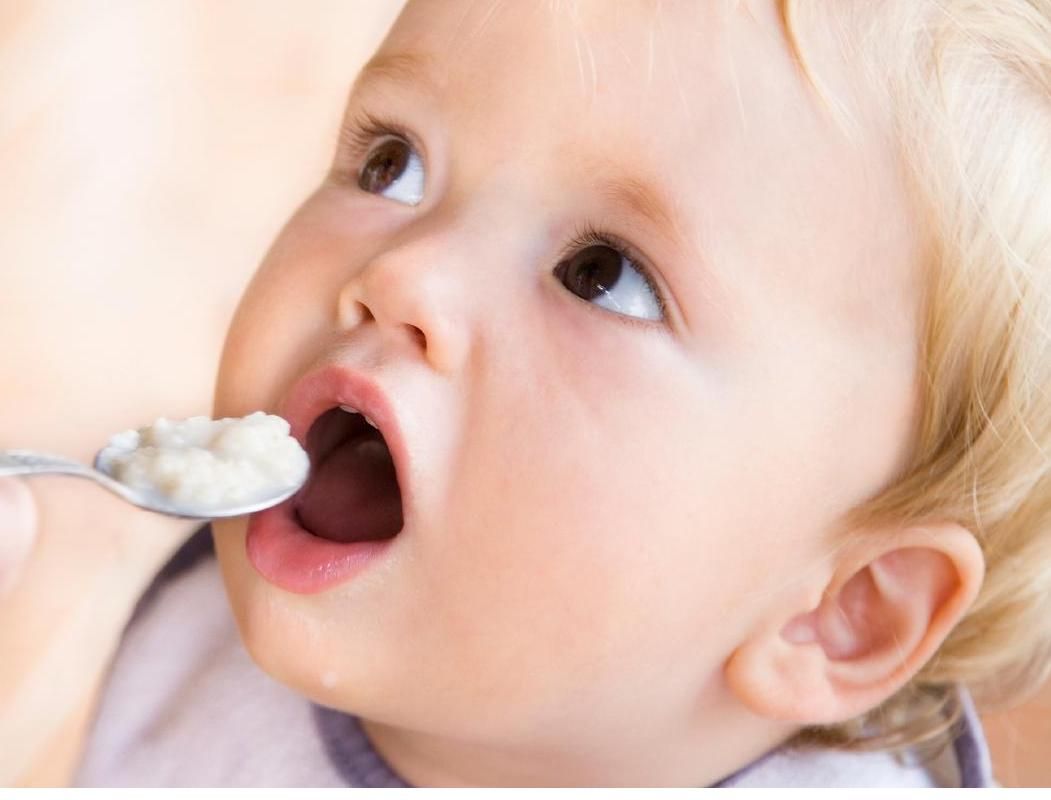
In most cases, paediatricians and experts here in Singapore recommend babies to only start their solid intake at six months. However, it isn’t uncommon for babies in Western nations to start solids between four to six months. Of course you should always seek expert advice on this if you’re concerned about your four-month old baby not consuming enough milk, or is showing an extraordinary interest in food when you guys are at the dining table.
My son, Jayden, however, is the complete opposite. Even now at eleven months, he is still highly dependent on milk and there is just no question whether he prefers milk or solids. I admit I was a little excited and tried to introduce mashed bananas and mashed avocados to him a couple of weeks before he turned six months old. He didn’t like the taste of either and scrunched his face to show me exactly how he felt bout them.
After about a week, I decided I was sick of finishing up his left over mashed bananas and avocados and decided to wait till he turns six months old to try solids again. Between the time frame of when he was six to eight months, every Single (solids) meal time was a failure. I tried every single vegetable, fruit, and vegetable/fruit combo puree you can think of, and the most he’d have was maybe three mouthful.
Around his 8th month mark, I agreed to let my mother-in-law introduce fish to him, and oh my goodness, he cleaned out the entire bowl of porridge. I was, FLOORED to say the least. Just a true blue Chinese baby – absolutely loved the fish porridge his Grandma had made for his Dad and uncle when they were babies. HAHA!
Okay, so the point of this post is not about how much Jayden loves his fish porridge but a little introduction to the top ten best foods for babies and how to incorporate them into meal times.

1. Avocados
There is a reason why I chose Jayden’s first solid food to be avocados – they contain more nutrients than any of their food-group kin. They have the highest protein content of any fruit and are rich in monounsaturated fat (this is the Good fat!), which helps prevent heart disease. Tip: It is crucial that you only serve babies ripe avocados. I used to work at my Mom’s café and learnt this trick – halve the avocado like how you would an apple, but because the seed is in the middle, you obviously can’t cut through.
Twist both sides in the opposite direction, and they should fall apart. To remove the seed swiftly, simply “chop” the seed and pull your knife out. The seed should come out still attached to your knife. Use a spoon to carve out the flesh of the avocado, and pronto, you’re ready to start mashing!
Since avocados are high in fat, they can make your baby feel full really quick. So as they get older, just serve a little on the side with other foods.
2. Bananas
Bananas are also another really popular baby’s first food because they’re easy for mommy to mash and easy for baby to gum/chew. They are also full of carbohydrates that provide energy and fibre that helps support a healthy digestive tract. However, I have been told by more experienced mommies that some bananas are more suitable for babies than others. I know, right?
Aren’t all bananas the same?
Well, apparently we should only give babies those small bananas and not the regular sized ones because the latter can give babies “wind” cause they can be “cooling” for the little ones. I mean, of course it is arguable that you can’t find these small bananas in Western nations, and does that mean all Western babies have “wind”?
Tip: Um, peel banana and mash. Easy peasy. If this is baby’s Very first food and you’re super paranoid you might leave some bits chunky, mash the bananas through a strainer, I guarantee no chunky bits afterward – just a pain of a strainer to clean.

3. Sweet potatoes
Jayden LOVES sweet potatoes! I put it in his porridge for him almost every second day. They are a great source of potassium, vitamin C and fibre. In addition, they are an excellent source of beta-carotene, which is an antioxidant that helps prevent certain types of cancer. In simple terms, they have that thing that carrots have which helps prevent bad eyesight.
Tip: After steaming and mashing, sweet potatoes make a smooth puree that’s easy to eat and is also another great first foods for babies.
4. Butternut Squash
Jayden actually loves butternut pumpkin, but as pumpkin is in the squash family, I’m just gonna say he loves butternut squash. Like sweet potatoes, he probably loves it because of its sweet taste. Apart from being yummy, it is also jam-packed with a whole bunch of awesomeness including the anti-oxidant, beta-carotene, vitamin C, potassium, fibre, folate, B-vitamins, and even omega-3 fatty acids.
Tip: Like sweet potatoes, they make a smooth puree after steaming and mashing, that’s easy to eat and is not just great for babies, but for whole family too.
5. Carrots
We all know carrots are famous for containing a copious amount of the anti-oxidant, beta-carotene, hence making them orange. Beta-carotene actually converts into Vitamin A in our bodies, and this encourages growth and healthy vision. Like the above two vegetables, carrots has a natural sweetness, which will appeal to babies.
Tip: After steaming and pureeing, carrots also make a smooth puree that’s easy to eat and is also another great first foods for babies. From personal experience however, Jayden did not do too well with his pureed carrots, so maybe try adding in pureed apples if your little ones don’t take too well to just carrots too.

6. Broccoli
I know broccolis aren’t usually popular with young children but they are a true super food – they are a great source of vitamin C, beta-carotene, folic acid, iron, potassium, and fibre.
Tip: I can almost guarantee our little ones will not want to have more than a couple of mouthfuls of steamed and pureed broccoli (even adults wouldn’t), so your best bet would be to combine them with sweeter vegetables like sweet potato or pumpkin.
7. Peas
I know most children (and adults) scrunch their noses when they hear the word “peas”, but peas are actually full of vitamin K, which is a nutrient that works alongside calcium to help build healthy bones in our little ones. In addition, peas are also a source of vitamins A and C, folic acid and B-vitamins.
Tip: You could try feeding babies steamed and pureed peas but if they don’t take to it as well as you had hoped, mask the taste and smell of peas with other sweeter vegetables like sweet potato or pumpkin.
8. Fish / Chicken / Red meat
As fish could cause an allergic reaction, it is highly recommended that it is introduced to babies only after they turn eight months. In our Asian culture, fish is especially popular because it is considered to be “brain food” for babies. The essential fats, such as DHA that is found in fish supports fish and eye development, and a healthy immune system. In addition, fish is an excellent source of protein, which aids babies in growth and development.
The biggest worry when it comes to feeding fish is to ensure you choose the right fish because some fish tend to have a higher mercury level compared to others. Fish like haddock and cod have high protein levels, and salmon is a fatty fish rich in fat-soluble vitamins. Locally, we have threadfin, which is hugely popular for babies because they are low in mercury and babies just love them!
Tip: The most baby-friendly way to cook threadfin would probably be adding it to their porridge. But if you have an older baby who is pretty good at chewing at that, you can definitely make it fun by making fish fingers for them.

Chicken is known to be packed with protein, but it is also a source of vitamin B6, which helps the body extract energy from food. As babies grow so rapidly, it is essential that they start eating foods that contain an adequate amount of proteins to support this growth.
Tip: As a lot of the chicken available in the markets and supermarkets are injected with hormones, it will be much better to look for hormone-free or organic chicken. Locally, you can find Sakura Chicken in NTUC Finest, which is free from hormone injections. However, if you’re still not comfortable feeding your young child chicken, you can do what I do and make your own homemade chicken stock and add them into their porridge so they can not only get the nutrients, they also get a tastier porridge!
Red meat is great for babies over eight months because they provide an easily absorbed form of iron for babies, and iron helps red blood cells carry oxygen throughout the body, which is important for brain development. This may not be common knowledge but iron deficiency is one of the most common nutrient deficiencies in children, and over time, this can cause learning and behaviour problems.
Tip: If your baby is still not very good at chewing and you’re worried at the risk of choking, you could try pureeing some red meat with vegetables to introduce it to them.
9. Yogurt / Cheese
Yogurt is a really great snack to introduce to your baby because it is a great source of calcium, protein and phosphorus, which are important in building strong and healthy bones and teeth. Yogurt is also renowned for their probiotics content, which is a type of good bacteria that aids in digestion and supports the immune system.
Tip: Always choose whole milk or full-fat yogurt because babies need fat in their diets and low-fat or fat-free yogurt normally contains more sugar. Also try to avoid flavoured yogurts as they tend to be high in sugar. Instead, add in fruits that your baby likes to customise it to their preference. Please note however it is not uncommon for babies under one to have a reaction to milk proteins found in yogurts, so always consult your paediatrician before serving it to babies under eight months.
Cheese is also another great snack to introduce to your baby after he’s turn at least eight months old. They are a great source of protein and calcium.
Tip: I would personally avoid cheese slices and the Laughing Cow cubes because the former is usually highly processed, and the latter has salt content that is too high for babies. Your best bet would be to go for cheese blocks, which you can opt to cut into small diced-up pieces for your baby, or mix it into their pasta.

10. Eggs
Eggs are also popular because egg whites are filled with protein, and the yolks provide babies with zinc and vitamins A, D, E and B-12. The yolk also has choline, which is crucial for brain health and development. Anything that helps with brain development is popular in our culture.
As Jayden is still eleven months and is highly sensitive, I have decided to wait a little while before introducing eggs to him because eggs (the whites, mostly) do contain a high risk for allergic reactions. I would personally suggest waiting till your baby is at least eight months old before you start introducing the yolk slowly, and if he is okay with that, only then start introducing the whites. But of course, please please please consult your child’s paediatrician first.
You might have noticed that I mentioned to steam all the vegetables – this is because steaming retains the most nutrients, unlike boiling which cuts the nutrients by half.
I hope you have benefited from my sharing of experience. Happy feeding!